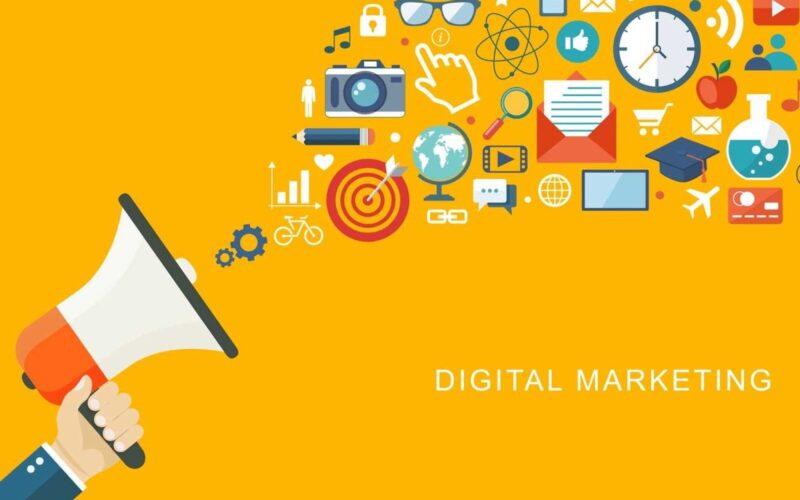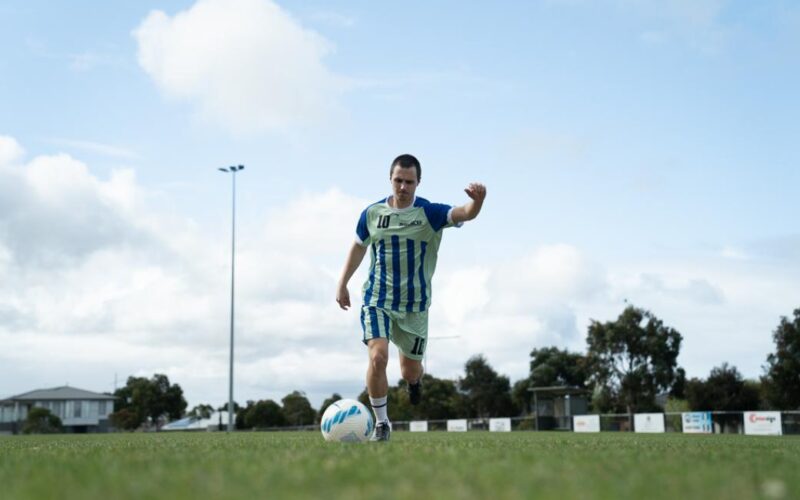
The internet is a big place, and standing out as a local business can feel like a challenge.
The good news is that there are more ways than ever to market your business to locals! Some of the world’s biggest advertising platforms, like Google, Facebook and Instagram, all offer marketing tools designed to work for businesses that rely on nearby customers. Whether you’re a neighbourhood cafe serving a handful of suburbs, or an electrician that’s ready to travel across Brisbane, local marketing can help you get found.
If you’ve got time to spare then you can get started on marketing your business right away! Lots of the tools used by a professional digital marketing agency are beginner-friendly and can get your local business on the map. We are going to go over a few tips for marketing your local business and how to achieve the results you want to see.
Research Your Market
Every good marketing plan starts with research. You need to know exactly who your customers are, what they want and how your business is meeting their needs. To start with, you need to know a few important pieces of information:
- Your USPs.Your Unique Selling Propositions (USP) are the things that set your business apart. Knowing your USPs makes your marketing more consistent and improves the way you communicate with potential customers.
- Knowing some simple demographic information, like age, gender and income can help you tailor your marketing campaigns to appeal to the customers you want to attract.
- Narrow down exactly where you want to market your business. Knowing where to market your services will improve your results and cut down on your marketing expenses.
- You need to know who your competitors are and how you stack up against them. Competitor research is also a great way to pick up some helpful tips for your own marketing campaigns!
- If you’re investing in digital marketing then you need keyword research. Keywords ensure your website, ads and social media pages show up when people are searching for you, so make sure you’re using the right ones. You can use free tools like Google Trends or Keyword Planner to do your own keyword research.
Create Your Google My Business Listing
Local search is one of Google’s most useful features. When you want to find a business “near me” or in a specific location, Google tailors its search results to that area. That’s important, because 77% of people use Google Maps to find nearby businesses, and 80% of those searches turn into conversions.
Creating a Google My Business (GMB) account is the best way to take advantage of that. A GMB listing means your business is more likely to show up during local searches through Google or Google Maps. It’s free to make a GMB profile, and you can fill it out with information like your opening hours, products, address and contact details. When you fill out your GMB profile, provide as much info as you can, and remember to include your keywords in your business description.
Get Your Website Ready for Local Traffic with SEO
SEO (Search Engine Optimisation) is all about tweaking your website to make it easier for search engines like Google to understand. The better Google’s AI understands your website, the more likely it is to show up high in the search rankings.
Tailoring your SEO for local searches is a great way of driving steady traffic to your business. SEO can be complex, but there are a few things you can do yourself to improve your local search rankings:
- Optimise for mobile.More than 58% of all web traffic comes from mobile devices. Optimising your website to work well on mobile devices improves SEO and makes customers more likely to buy from you.
- Localise your content.The actual text content on your website plays a huge role in getting found through Google. Make sure your content is high quality, uses your keywords and is localised to the areas you service.
- HTML elements.Google’s AI reads the HTML code on your website and uses it to understand who you are and what you do. HTML elements like title tags, meta descriptions, keywords and page URLS all need to be optimised.
- Internal and external links.Google uses links between your website and other websites to figure out whether you are good at what you do. Having a small number of high quality links to other pages on your site, or to other local businesses, will help boost your SEO.
Invest in Localised Google Ads Campaigns
With a 92% market share, Google attracts more searches than any other website. Running paid Google Ads gives your business a real boost and has immediate results. And, as the world’s most powerful advertising platform, Google Ads features heaps of targeting tools that allow you to localise your campaigns to certain areas. Google Ads can take a bit of practice, but once you have your Ads campaigns set up properly, they can be one of the most effective digital marketing tools available.
Google Ads and SEO are also a match made in heaven. With the right Ads campaigns, SEO and a GMB listing, your business could show up in three separate places when someone searches for your services!
Get Active on Your Social Media
Our final tip is to make sure you’re active on social media! Running social media pages for your business is free and it builds stronger relationships with customers.
The key to social media is consistency. Keep the branding consistent with the rest of your marketing, localise your posts to target specific areas and be sure to update each of your accounts regularly. Making a consistent effort attracts new customers and can even boost your SEO!
Regularly updating your social media pages can:
- Bring people into your store
- Drive traffic to your website
- Make your brand more recognisable
- Allow you to engage with customers on a personal level
- Develop your brand’s personality
- Showcase your products, services and team members
- Help you engage with local communities
Social platforms like Facebook and Instagram also offer affordable and powerful paid advertising tools. Using paid ads can make sure your business stays at the front of people’s minds. Just make sure you’re focusing your efforts on the social networks where your customers are hanging out. For example, a fashion store could use Instagram to build an audience, while LinkedIn would be better if you sell to other businesses. When it’s all put together correctly, social media, paid ads and SEO can give your local marketing a huge boost and help grow your business!





